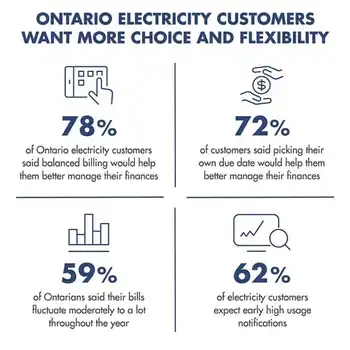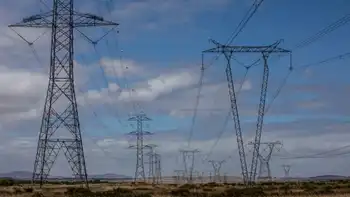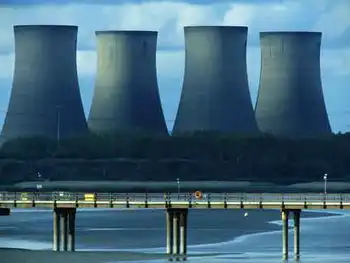Going deeper into the red by going green
By Investor's Business Daily
Substation Relay Protection Training
Our customized live online or in‑person group training can be delivered to your staff at your location.

- Live Online
- 12 hours Instructor-led
- Group Training Available
Washington has been in a lather about restoring the economy by greening it through an ambitious renewable energy program since before Barack Obama took office. The fever has only become hotter since his inauguration.
Obama's 2010 budget includes roughly $20 billion in tax incentives to stimulate clean-energy programs. He has promised to create 5 million green-collar jobs over the next decade.
Four days before taking office, while conditioning the country for what's to come, he talked about nations that are "making real investments in renewable energy... surging ahead of us, poised to take the lead in these new (green) industries."
Outside of Washington, an e-mail campaign from supposedly average Americans supporting Obama's green economy initiatives recently swamped our mailbox. The Associated Press has reported that "community colleges across the country are reporting a surge of unemployed workers enrolling in courses that offer training for 'green-collar' jobs."
Those who finish their courses might go to work installing solar panels or building wind turbines (while the administration tilts at them in the name of economic recovery).
But for every one that is hired for a green job, he or she will displace several already at work. That's no stimulus. That's not a gale of creative destruction. That's the road to a depression.
We're not basing our claim merely on a gut feeling but rather on a study conducted by Gabriel Calzada Alvarez, an economics professor at Juan Carlos University in Madrid, Spain.
"The U.S. should expect a loss of at least 2.2 jobs on average, or about nine jobs lost for every four (green jobs) created," Alvarez wrote in his 41-page study of Spain's own green-job revolution.
"An examination of Europe's experience" in trying to green the economy, which dates back to 1997, "reveals these policies to be terribly economically counterproductive."
That the European experience has been economically counterproductive should be no mystery. Creating jobs through government dictate always carries cost. Since there is little market for the green programs that are supposed to pull us out of our economic tailspin, those jobs have to be financed by taking money out of the private sector, where it could be used for genuine investments that would generate honest, not taxpayer-subsidized, jobs.
Spain is to the proponents of a green economy what Britain and Canada are to the supporters of state-provided universal health care: a model that the U.S. should follow. The president himself has brought up Spain as an example of the value of government promoting renewable energy.
Before mentioning Spain, or any other nation, again — and certainly before he proposes any further green initiatives — he should read Alvarez's report. He would need to go no further into the paper than the third of Alvarez's 24 salient points:
"While it is not possible to directly translate Spain's experience with exactitude to claim that the U.S. would lose at least 6.6 million to 11 million jobs, as a direct consequence were it to actually create 3 to 5 million 'green jobs'... the study clearly reveals the tendency that the U.S. should expect such an outcome."
Alvarez said in an interview that the job losses "could be greater if you account for the amount of lost industry that moves out of the country due to higher energy prices," which companies have done.
Facts, as has been said, are stubborn things. But they are scarcely more stubborn than most minds on the political left that ignore immutable economic laws and well-documented economic history.
It takes an exceptionally high degree of arrogance for anyone to believe that he or she is the one who can finally make a centrally planned system work. Yet the halls of Washington have been filled with elected officials and aides who believe they are the one, or one among a small core, who can.
The economy won't be turned around due to green initiatives, but through tested policies that will allow it to expand, as economies do when left to their own energies. The private sector needs more, not less, capital, and commerce needs less, not more, regulation.











